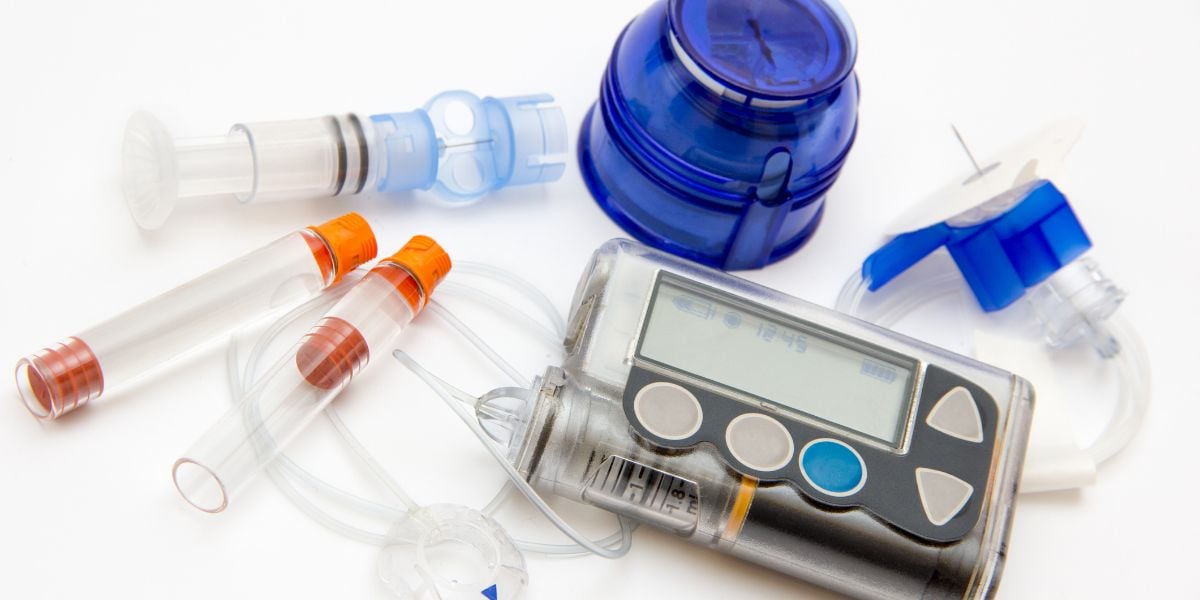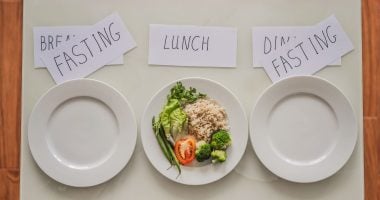There are some surprisingly high-carb foods that some of us may not realise are as full of carbohydrate as they are.
Whilst the foods later on in this guide may not be super-high in carbs, if you are consistently underestimating how ‘carby’ the food you’re having is, this can easily add up to a large difference.
In this guide we’ll look at:
- Health foods and health drinks
- Milky drinks – including lattes
- Fruit, fruit juice and smoothies
- Certain alcoholic drinks
- Beans and lentils
- Starchy vegetables
Health foods and health drinks
Don’t be blinded by lofty health claims of so-called health foods A whole industry around health foods has grown up and where there’s money to be made, there’s usually junk being sold.
Our advice is therefore to approach with a certain degree of scepticism.
If the product has nutritional info, check the number of carbs. Beware of products quoting ‘net carbs’ as these claims can be highly misleading.
If the product is being sold at a counter without nutritional info, you may be best asking which ingredients have gone into the product.
Be aware though that the people selling these products are sometimes pretty clueless when it comes to understanding nutrition and how their products will affect blood sugar. We have seen cane sugar juice being sold as a health drink!
A number of foods being advertised as health foods are surprisingly high in carbohydrate and/or sugar.
As an example, some bars, that are ludicrously labelled as ‘keto’, include more than 20g of carbohydrate. That is the equivalent of eating four rich tea biscuits -hardly keto-friendly! [198]
Milky drinks
Milk contains around 5g of carbs per 100ml, no matter whether it is full fat or skimmed. So, watch out if having moderate or large quantities of milk.
Drinking milk straight from the glass could therefore see you taking in around 15g of carbs for that one drink.
Watch out for milk based drinks such as lattes and milkshakes. An unsweetened latte can have up to 20g of carbohydrate. If the latte is flavoured, the carb count can rocket to beyond 50g of carbs in some cases. Ouch!
Fruit, fruit juice and smoothies
Fruit juice and smoothies are very high in carbohydrate and have a similar level of sugar as cola or lemonade, so really are best avoided.
200ml of orange juice is around 20g of carbohydrate and smoothies can contain up to 30g of carbs for the same size serving.
In terms of whole fruit, some fruit is worse than others. Berries tend to be good choices for people on a low-carb diet whereas citrus fruits tend to be avoided because of their relatively high carbohydrate value.
Alcoholic drinks
This is one area where some of us can get tripped up. It may be tempting to tell yourself that “carbs in alcohol don’t count because I don’t drink that often” but the fact is that the carbs in alcohol certainly do count.
We don’t want to be total killjoys but you owe it to yourself to be aware of just how much carbohydrate is in different alcoholic drinks.
A pint of lager typically has upwards of 10g of carbohydrate in a pint. Ciders and malty beers typically have over 20g of carbohydrate per pint.
It’s clear to see, therefore, that these drinks don’t fit in well within a low-carb lifestyle.
If you want to drink alcohol but want to keep your carb content low, then you may need to review your choice of drink.
Wine also contains some carbohydrate but it is significantly lower in carbs than lager, beer and cider. Watch out for sparkling wines, champagne and prosecco as these tend to have at least some sugars added.
Some spirits contain zero carbs and a drink such as gin or vodka in soda water is one way of having a long drink without any carbs or artificial sweeteners.
Beans and lentils
Beans and lentils are a good source of protein but also contain a fair quantity of carbs.The carbohydrate content can vary from one type of bean to another so it pays to do a bit of research.
A 100g serving of cooked kidney beans typically contains around 20g of carbs whereas a similar serving of broad beans is around 10g of carbs.
Depending on how low-carb you want your diet to be, beans can still feature in your diet but we recommend being aware of how many carbs is in each portion you have.
Starchy vegetables
If you’re new to a low-carb diet, you might regard vegetables as a carb free area.
Whilst vegetables are generally low in carbs, some vegetables have a lot more carbs than others.
Sweetcorn, parsnip, peas and beetroot are some of the starchier vegetables A modest three tablespoons serving of sweetcorn typically has around 10g of carbohydrate.
As with beans, starchier vegetables can still feature within a low-carb diet but it’s well worth being aware how many carbs you’re taking in.










